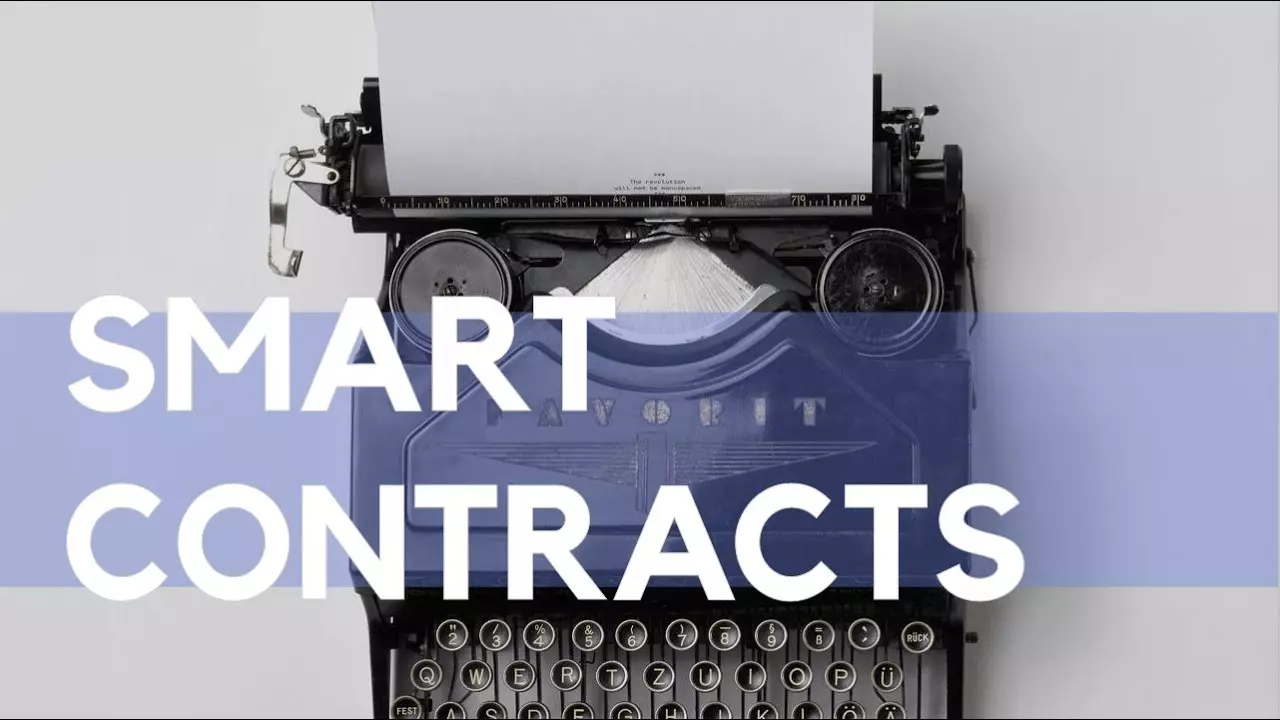Blockchain, smart contracts and federated learning technologies have revolutionized the way transactions are conducted and data is protected. However, many people may find it difficult to understand these concepts. For this reason, this article will explain one of these technologies in a simple way using an example.
Smart Contracts are an integral part of blockchain technology and are essentially the rules and agreements that govern the network. These automated contracts are capable of autonomously executing themselves and ensuring that the obligations set between the participants in the network are fulfilled. In this article, we will explore two examples of Smart Contracts to better understand how they work.
First, we will examine the example of a vending machine. The vending machine is a simple example of a Smart Contract involving only one agent and the network. By inserting a certain amount of money, the buyer can get a reward, such as a soft drink or a bag of chips. The vending machine works with a Smart Contract that sets the clear rules for the transaction. In this case, the currency could be information, computing power or even a payment. The refreshment or reward is obtained for participating and having a good behaviour in the network, and the buyer is any agent that participates.
In addition, Smart Contracts also have the ability to impose sanctions on participants who act inappropriately in the network. If an agent commits a violation, it can be sanctioned with a financial fine or a temporary or permanent ban from participating in the network.
Second, we will examine the example of a contract between two agents, such as the rental of premises. In this case, a central authority is not needed to validate the contract. Instead, a Smart Contract is used to establish the terms of the transaction. For example, a deadline of one month is set for one agent to make a payment in cryptocurrencies and the other to provide a code or virtual key to access the premises. At the end of the set period, a check is made to see if both parties have fulfilled their obligations. If both parties have fulfilled their responsibilities, the contract is considered valid and each receives what was agreed. If either party fails to fulfill its obligations, a penalty will be applied under the Smart Contract. As explained above, Smart Contracts are designed to encourage compliance with the rules and ensure active and decent participation in the network.
In conclusion, Smart Contracts are a powerful tool to ensure transparency and trust in transactions on the blockchain network. With two simple examples, we can see how Smart Contracts can facilitate interaction between network participants, without the need for a central authority.
References:
